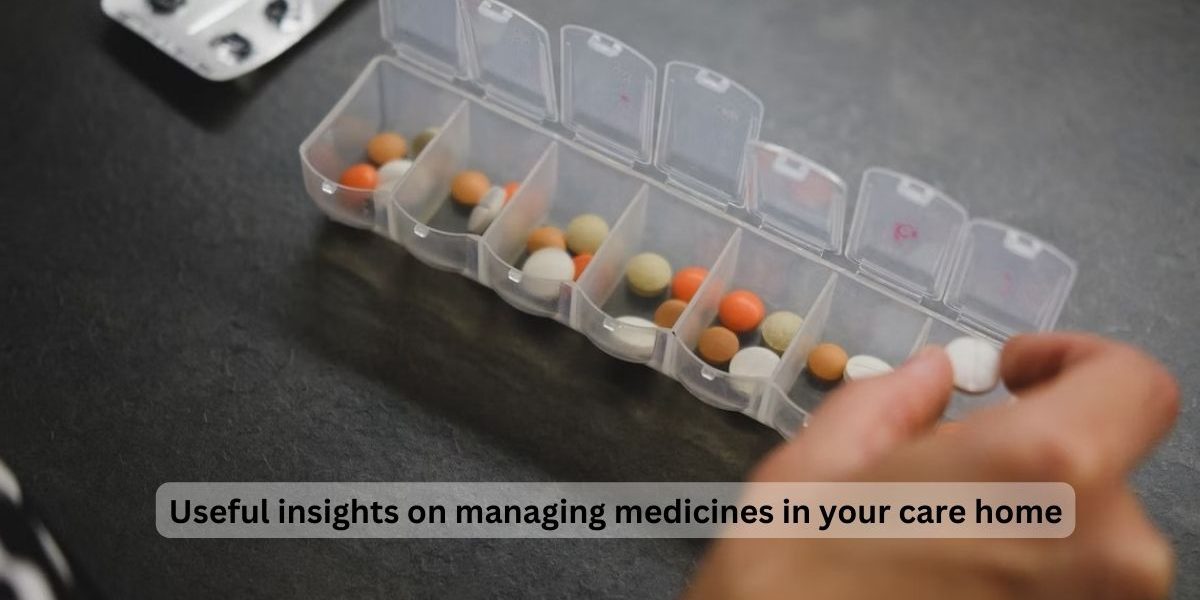All care homes require medication management systems, processes and policies in place to help caregivers manage medication safely to achieve the best outcomes for their residents. If you are a care home manager planning to streamline medication management at your facility, here are some useful insights on managing medicines in your care home:
1. Have a system in place:
Accurate and efficient medication management procedures ensure that medicines are administered safely and correctly. Your care home staff must know about the 8 rights of medication administration and follow them without fail. Also, they have to be aware of the changes that are needed to be done as per the situation. For instance, what should be done in case a resident experiences side effects from a medicine.
2. Train caregivers to go beyond the basics:
Besides verifying medication order, caregivers should be trained to take extra care, especially when there are some changes. Caregivers must be trained to
- To check the resident’s medical record for any allergies when a new medication is prescribed. If an allergy exists, the practitioner must be notified.
- Prepare medications for one resident at a time to avoid confusion and reduce errors.
- Reconcile the medications of residents at each care transition. This will help to reduce the risk of medication errors, including dosing errors, duplications, omissions and drug interactions.
3. Create no-disturb zone for medicine administration or preparation activities:
Caregivers must have all the required supplies available before starting any medication administration or preparation activities. Many care homes follow the practice of using a ‘No Disturb Zone.’ A no-disturb zone is a quiet area where caregivers can carry out medication tasks without interruption. Caregivers should follow the care home’s facility’s policy on the use of the no-disturb zone.
Note: If your care home uses mobile devices or walkie-talkies, the caregiver on medication rounds should transfer the calls/notifications to another team member.
4. Streamline medication management system using eMAR:
As a care home manager, it is important to always look for ways to improve the efficiency of medication administration processes. One way to do this is by using different types of electronic health record systems. For medication management, electronic MAR system is the most efficient software. The software can automate administrative tasks associated with medication management. The system has alert features to ensure that no medicine dosage is missed. With eMAR, you and your caregiving staff can audit MAR sheets without having to go through piles of paper. As the software records all medication notes and provides proof at the time of review. You can promote a culture of accountability and responsibility in your care home using an electronic MAR system. To know more about the electronic MAR system, book a free demo.
5. Integrate your eMAR with pharmacy:
Caregivers have to take care of the inventory and send the pharmacy requirement for the supply.. Integrating the software with the pharmacy can allow your caregiving staff to send inventory requirements on a real-time basis. This will ensure that your care home is not short of medicines that are needed.
6. Storing medicine safely:
Make sure that all the medicines are stored in an organised manner so that you don’t have to waste time looking for them. All the medicines must be stored in a lockable trolley or cupboard.
7. Disposing of medicines safely:
The safe disposal of medication is essential in any care home setting. Expired, damaged, unsuitable for intended use, no longer required/wanted or excess medicines should be disposed of properly. The process for disposing of medicines should be well-documented and should be made available to all caregiving staff.







